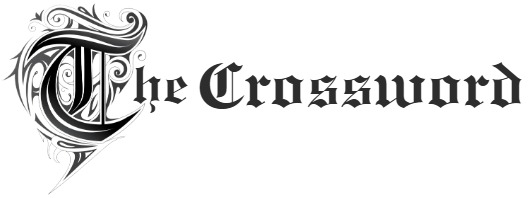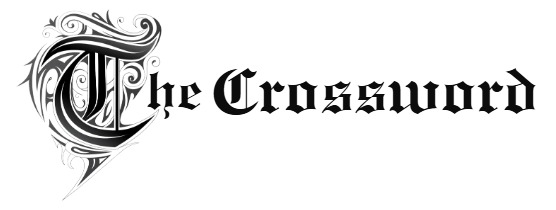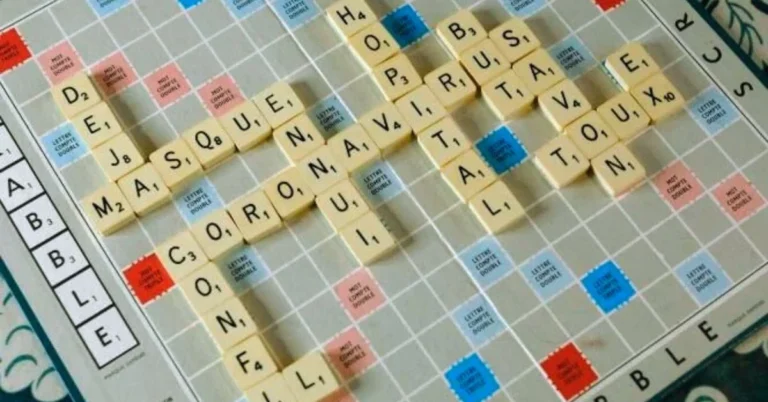Introduction to the Lingo NYT Crossword
Crossword puzzles have long been a beloved pastime, offering a delightful mix of challenge and entertainment. Among the many clues that pop up in these word games, those with quirky references often steal the spotlight. One such intriguing hint is “Splashy Gambler” found in the Lingo NYT Crossword. It’s not just about filling in blanks; it’s an adventure into wordplay and cultural slang that can leave you both puzzled and amused.
Whether you’re an avid crossword enthusiast or just someone seeking to spice up your vocabulary, discovering answers behind terms like “splashy gambler” adds another layer of excitement to your puzzle-solving experience. Let’s dive deeper into this clue and explore its meanings, related gambling references, and some handy tips for tackling crosswords filled with colorful slang. Get ready to sharpen your pencil—or tap on that tablet—as we unravel this fun linguistic journey!
Introduction to the Lingo NYT Crossword
The Lingo NYT Crossword has become a delightful twist in the world of puzzles. It invites fans to embrace a playful mix of language and culture, testing not just knowledge but also intuition.
Each puzzle features clues that often rely on everyday slang, making it an engaging experience for those who enjoy modern vernacular. This fresh approach attracts both seasoned solvers and newcomers alike.
Exploring this crossword format reveals how language evolves. You’ll encounter terms that reflect current trends or specific communities, adding layers of meaning to each clue.
Whether you’re solving during your morning commute or winding down at home, the Lingo NYT Crossword offers a unique challenge that keeps your mind sharp while expanding your vocabulary in unexpected ways.
Explanation of the
The clue “Splashy Gambler” in the Lingo NYT Crossword may initially baffle puzzle solvers. But breaking it down reveals a world of possibilities.
A splashy gambler could imply someone who enjoys high-stakes betting, often indulging in extravagant wagers. This person might be flamboyant, showcasing their wealth and love for risk.
In crossword lingo, such descriptions often lead to concise answers that pack character into just a few letters. Consider terms associated with poker or other casino games—words that evoke images of glitzy surroundings and adrenaline-fueled moments.
Think about classic gambling archetypes too; they can steer your thinking toward familiar slang used among bettors. The allure lies not only in the words but also in how they reflect bigger themes within gaming culture itself!
Possible Answers and Their Meanings
When tackling the clue for Splashy Gambler in Lingo NYT Crossword a few intriguing answers come to mind.
One possible answer is “high roller.” This term refers to someone who bets large amounts of money, often at casinos. High rollers are known for their extravagant lifestyles and penchant for risk-taking.
Another option could be “whale.” In gambling circles, a whale signifies a big spender who is crucial to casino revenue. They tend to receive special treatment due to their high-stakes betting habits.
“Dandy” might also be relevant here. While it usually describes someone stylish or flamboyant, it can capture that splashy persona in the context of gambling as well.
Each potential answer offers a glimpse into both language and culture surrounding gaming, enhancing your puzzle-solving experience with rich vocabulary.
Other Clues with Gambling References
Gambling has a rich lexicon that often pops up in crossword puzzles. From poker terms to casino lingo, these clues can add an entertaining twist to your solving experience.
You might encounter references like “High roller,” which denotes someone who bets large amounts. Another common one is “Ante,” the initial bet placed by players before cards are dealt.
Terms such as “Jackpot” or “Full house” also make appearances, each carrying its own story and context within games of chance. Even phrases like “Bets on red” bring a vibrant image of roulette tables into play.
Familiarizing yourself with this slang not only boosts your crossword skills but opens doors to understanding gambling culture better. Keep an eye out for these gems when you’re tackling your next puzzle!
Tips for Solving Crosswords with Slang Terms
Understanding slang is crucial when tackling crosswords. Slang often varies by region and culture, adding a layer of complexity to the puzzle.
Start by familiarizing yourself with common slang terms in various contexts. Online dictionaries or dedicated slang websites can be helpful resources.
When you encounter an unfamiliar term, try to visualize it in context. Think about how friends might use that phrase casually during conversation; this can spark recognition.
Also, consider the crossword’s theme. If it’s related to pop culture or music, for instance, slang from those areas may appear frequently.
Don’t hesitate to lean on your fellow puzzlers! Engaging with communities online can introduce you to new phrases and insights into tricky clues.
Practice makes perfect—solving more puzzles will naturally enhance your command of linguistic quirks and urban lingo over time.
Conclusion: Why Crosswords are a Fun Way to Learn New Words
Crosswords provide more than just a daily challenge. They introduce players to new vocabulary, often peppered with slang and cultural references. The term “Splashy Gambler” in the Lingo NYT Crossword isn’t just fun; it opens up avenues for understanding gambling lingo and how words evolve within different contexts.
Engaging with crosswords fosters learning through play. You encounter various clues that require creative thinking and lateral problem-solving. This process not only enhances your language skills but also broadens your knowledge base on numerous topics.
As you tackle crossword puzzles, you’ll find yourself becoming familiar with terms that might have once seemed foreign or obscure. From gaming jargon to everyday idioms, each puzzle enriches your linguistic arsenal.
Whether you’re a seasoned solver or just starting out, embracing these word challenges can transform the way you interact with language itself. So grab a pencil and start uncovering those clues—each one is an opportunity waiting to be discovered!



